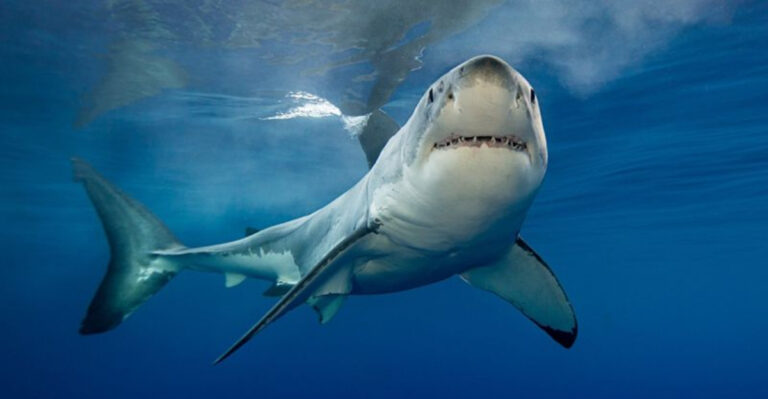15 Shark Facts Scientists Still Debate
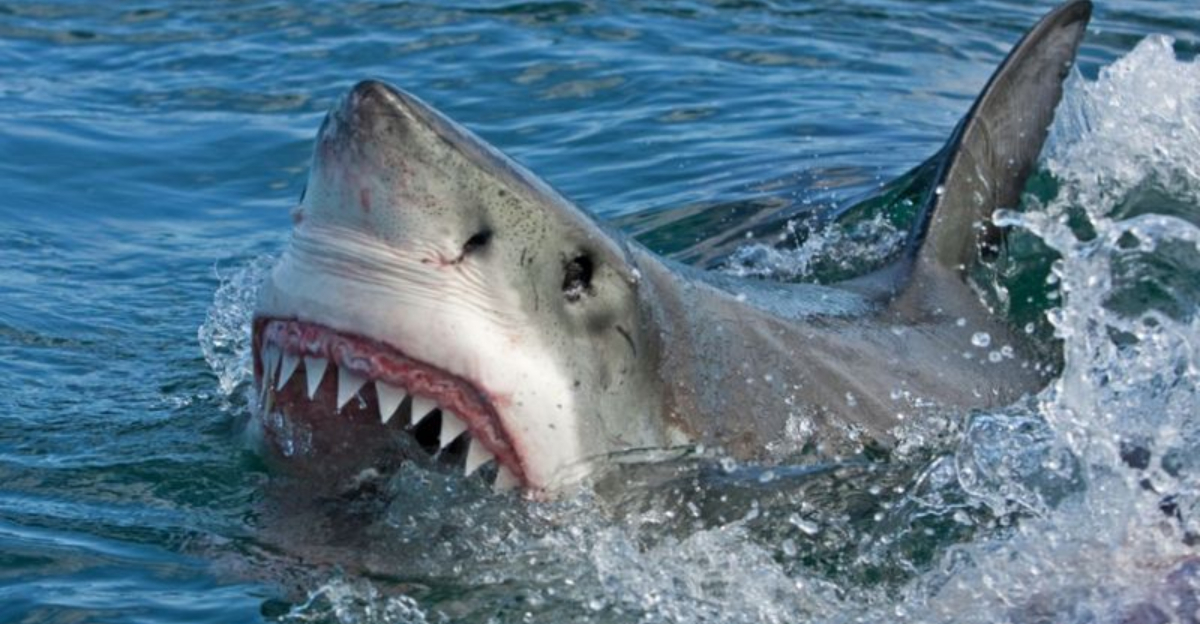
Sharks have swum through our oceans for over 450 million years, yet these ancient predators still hold many mysteries.
Marine biologists worldwide continue to question long-held beliefs about these fascinating creatures as new research emerges. From their sleeping habits to their cognitive abilities, here are shark facts that continue to spark heated debates among scientists.
1. Do Sharks Actually Sleep?
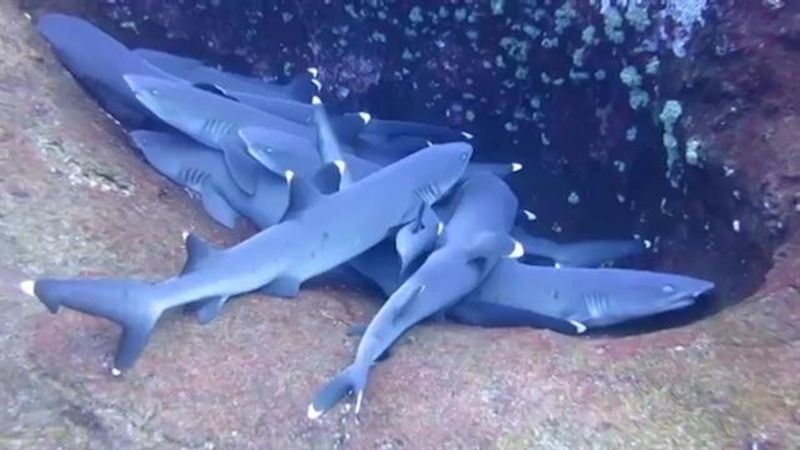
Scientists can’t agree if sharks truly sleep like we do. Some species must keep swimming to breathe, making traditional sleep impossible. Recent studies suggest they might enter a restful state with half their brain remaining alert.
This behavior, called unihemispheric sleep, allows sharks to rest while maintaining awareness of their surroundings. The debate continues because measuring shark brain activity in the wild presents enormous challenges.
2. The Mystery Of Megalodon’s Size

Paleontologists clash over just how massive the extinct Megalodon shark truly was. Estimates range dramatically from 50 to 80 feet in length, depending on which fossil measurements researchers prioritize.
With only teeth and vertebrae to work from, scientists must make educated guesses about body proportions. Some argue Megalodon resembled a scaled-up great white, while others believe it had a uniquely stocky build that would have made it even more formidable.
3. Shark Intelligence: How Smart Are They?
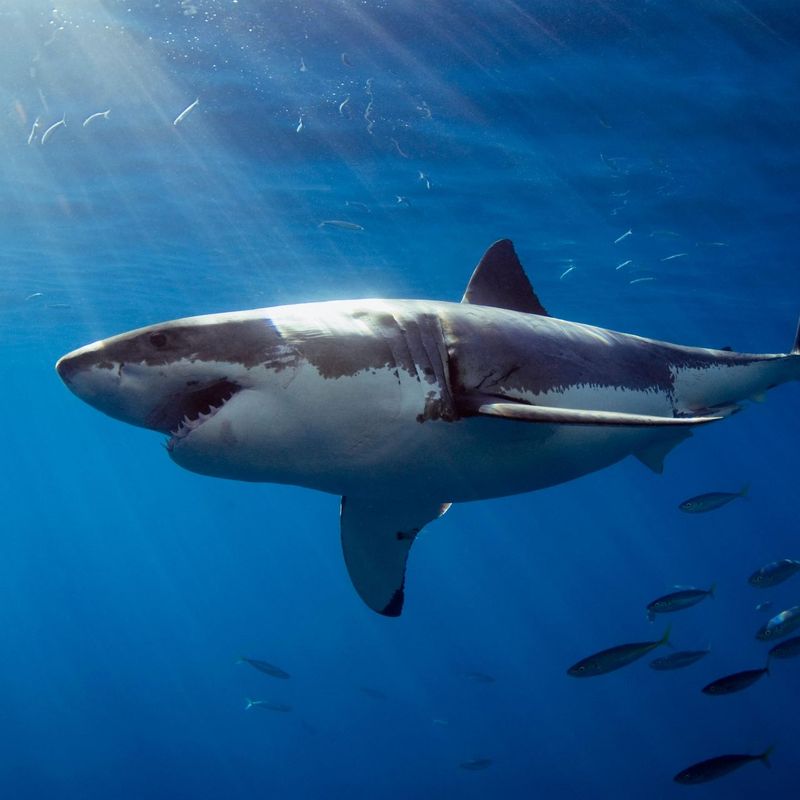
The cognitive abilities of sharks remain hotly contested in marine biology circles. Some researchers report complex problem-solving behaviors suggesting intelligence comparable to some mammals.
Others maintain sharks merely display instinctive responses refined through evolution. Evidence of social learning exists in certain species, with sharks observed watching and mimicking others to acquire new skills. The difficulty in conducting standardized intelligence tests underwater keeps this debate swimming forward.
4. Warm-Blooded Sharks: Myth Or Reality?
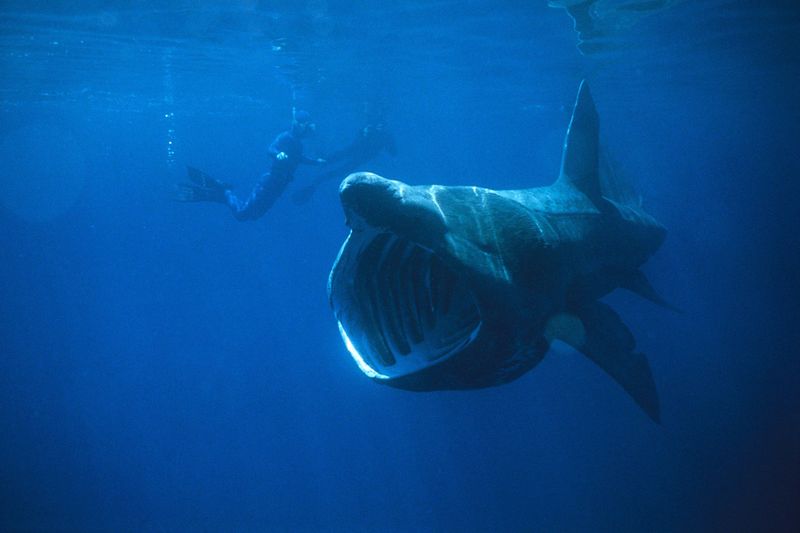
The traditional view of sharks as cold-blooded creatures faces challenges from research on species like makos and great whites. These sharks maintain body temperatures warmer than surrounding waters through specialized blood vessel arrangements called rete mirabile.
The scientific community remains divided on whether this qualifies as true warm-bloodedness or represents a limited form of thermoregulation. This adaptation allows certain sharks to hunt in colder waters and pursue prey with explosive bursts of speed.
5. The Purpose Of Shark Migration Patterns
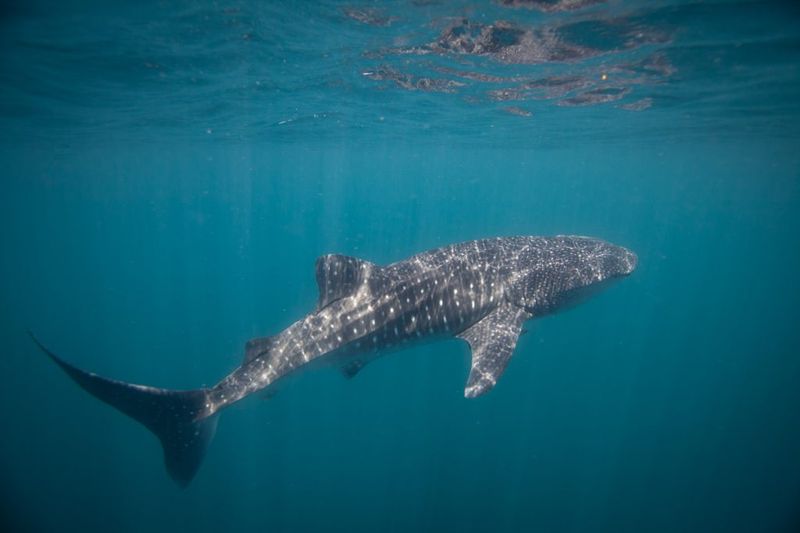
Massive shark migrations spanning thousands of miles puzzle scientists who can’t agree on their primary purpose. Tracking data reveals consistent routes followed year after year, but the driving forces remain contentious.
Some researchers point to mating opportunities as the main motivation, while others emphasize feeding advantages or optimal water temperatures. Seasonal shifts in prey distribution likely play a role, but the precision of these journeys suggests complex navigational abilities we’re still working to understand.
6. Can Sharks Really Detect Cancer?
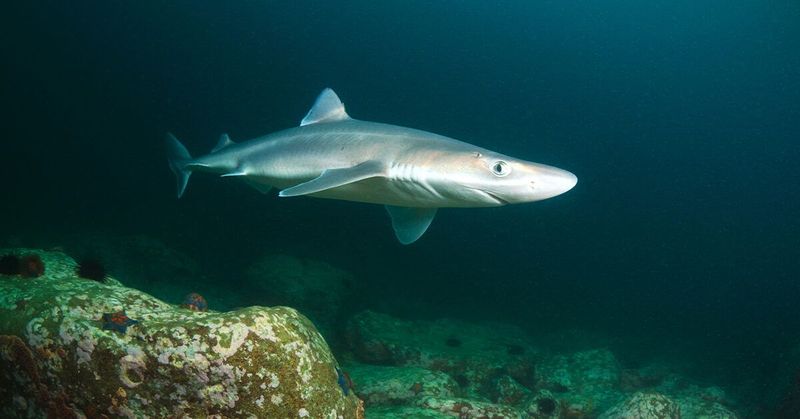
Stories about sharks’ ability to detect cancer have circulated for years, based on their extraordinary electroreceptive sense. Some scientists propose sharks might detect bioelectric field differences in tumor-bearing organisms.
However, skeptics point out the lack of controlled studies confirming this ability. The notion gained traction after anecdotal reports of sharks showing interest in people with cancer, but distinguishing between correlation and causation remains challenging. This controversial topic sits at the intersection of marine biology and medical research.
7. The Function Of The Hammerhead’s Hammer
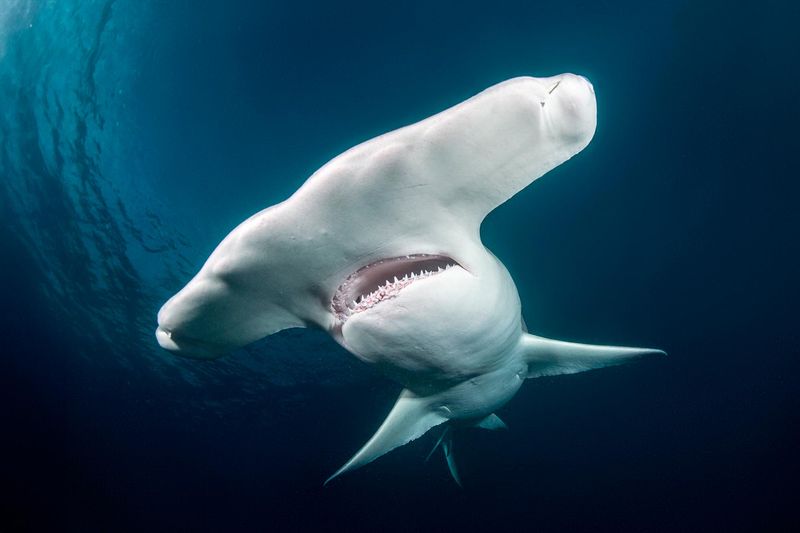
The distinctive head shape of hammerhead sharks generates ongoing scientific disagreement. The wide-set eyes clearly provide expanded vision, but that doesn’t fully explain the extreme morphology.
Some researchers argue the hammer primarily functions as an enhanced sensory array, packed with electroreceptors for finding prey buried in sand. Competing theories suggest it works as a hydrodynamic lift generator or a weapon for pinning stingrays. Recent studies indicating variation in maneuverability between hammerhead species have only intensified the debate.
8. How Long Do Sharks Actually Live?
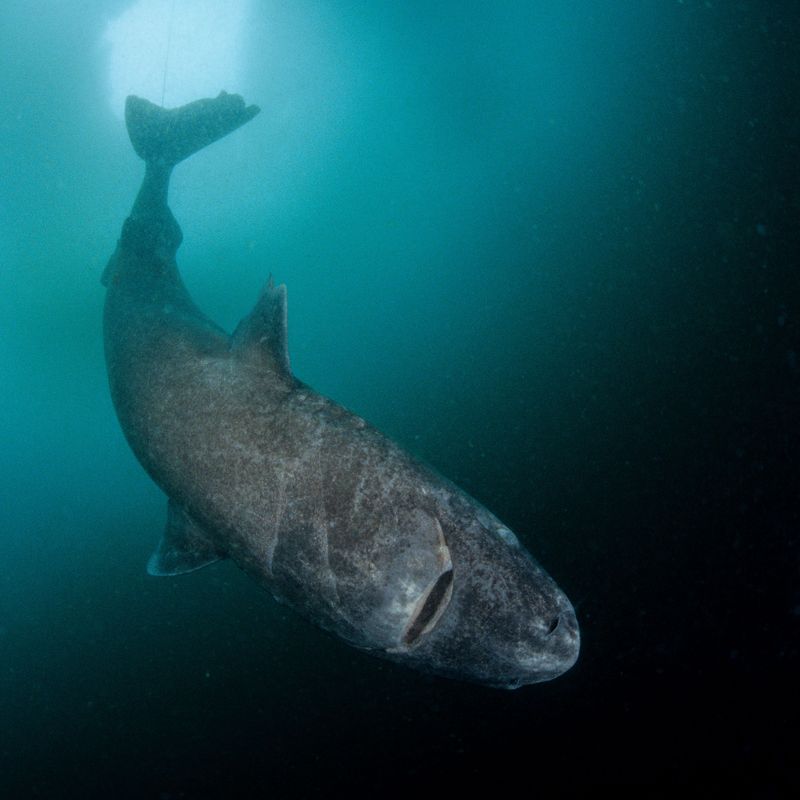
Determining shark longevity creates fierce scientific disagreement. Traditional aging methods counting growth rings in vertebrae suggest modest lifespans of 20-30 years for many species.
Revolutionary radiocarbon dating techniques recently indicated Greenland sharks might live over 400 years! This dramatic discrepancy has scientists questioning all previous age estimates. Complicating matters further, captive sharks often show different growth patterns than wild specimens, making it difficult to establish reliable benchmarks for various species.
9. The Truth About Shark Attacks On Humans
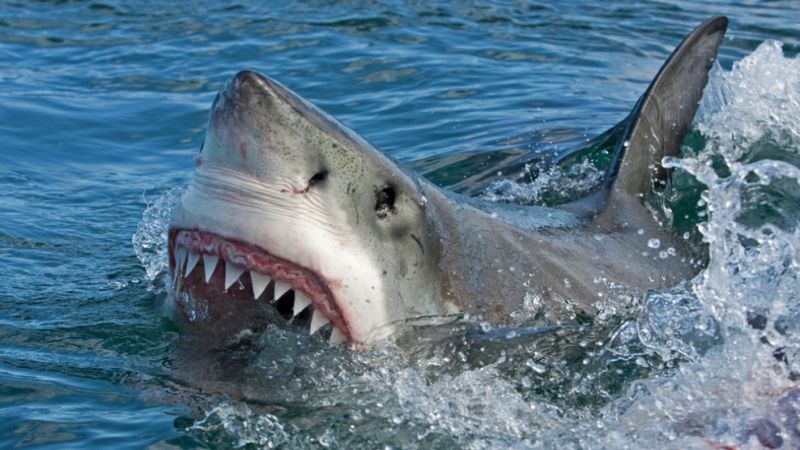
Marine biologists disagree about why sharks occasionally bite humans. The traditional “mistaken identity” theory suggests sharks confuse swimmers with seals, especially in murky water.
Competing explanations include investigatory biting, territorial defense, or provocation through human behaviors. Newer research indicates great whites may initially bite humans out of curiosity but release us because we lack their preferred blubber-rich nutritional profile. The relatively rare occurrence of attacks makes establishing definitive patterns challenging.
10. The Debate Over Shark Repellents
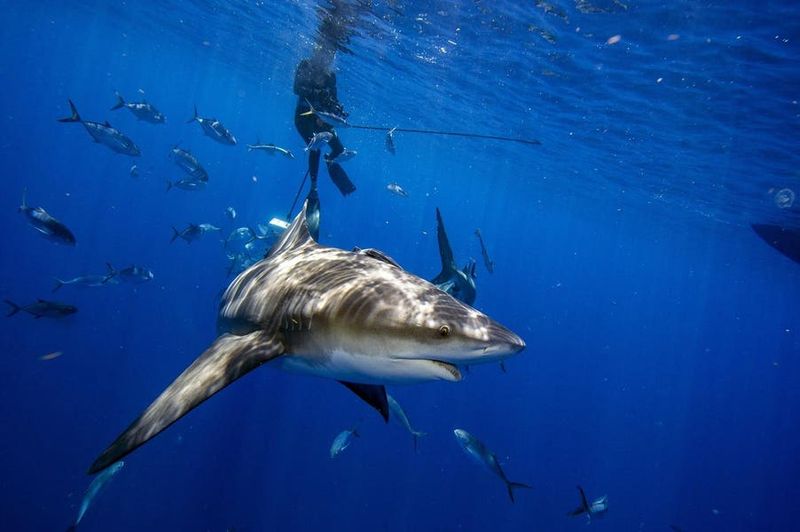
The effectiveness of chemical shark repellents remains fiercely contested among marine safety experts. Laboratory tests showing promising results often fail to translate to real-world conditions where currents dilute compounds and shark behavior varies wildly.
Some scientists champion copper-based repellents that interfere with electroreception, while others advocate semiochemical approaches mimicking dead shark signals. The ethical challenges of testing repellents in authentic scenarios with wild sharks, plus species-specific responses, keep this debate churning in scientific circles.
11. Do Sharks Have Personalities?
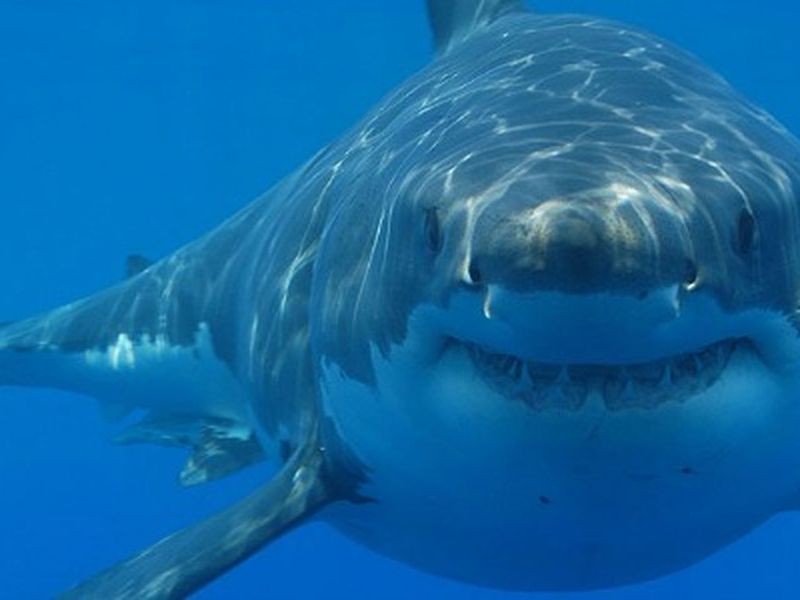
Individual behavioral differences among sharks of the same species challenge the notion they’re simply instinct-driven machines. Some researchers document consistent personality traits like boldness or sociability that persist across different situations.
Skeptics argue these observations reflect temporary states rather than stable personalities. Studies tracking individual lemon sharks show some consistently approach novel objects while others reliably avoid them. Whether these differences qualify as personalities comparable to those in mammals remains a contentious topic among behavioral ecologists.
12. The Great White’s Mysterious Deep Dives
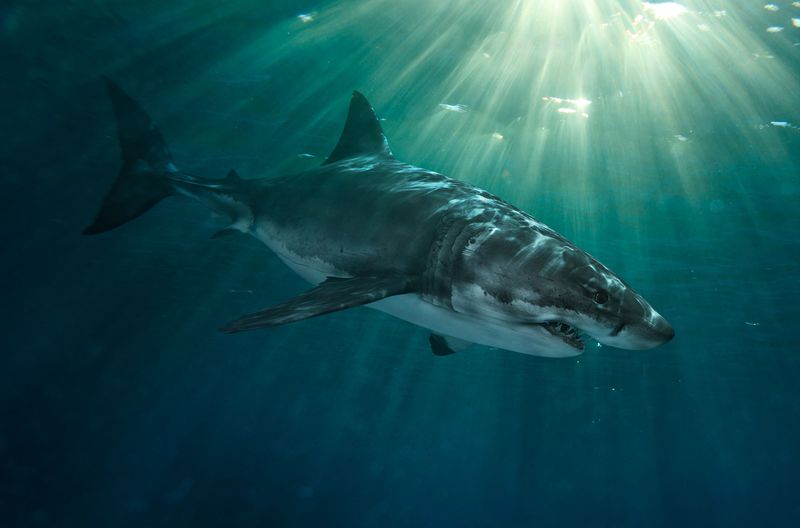
Great white sharks periodically dive to extreme depths exceeding 3,000 feet, and scientists can’t agree why. These massive predators typically hunt near the surface where seals are plentiful.
Some researchers propose they’re hunting deep-dwelling squid, while others suggest they’re regulating body temperature or navigating using Earth’s magnetic field. The most controversial theory suggests these dives help regulate buoyancy by cooling their liver oil. Limited deep-water observation capabilities keep this behavior shrouded in scientific uncertainty.
13. Sharks’ Role In Ecosystem Balance
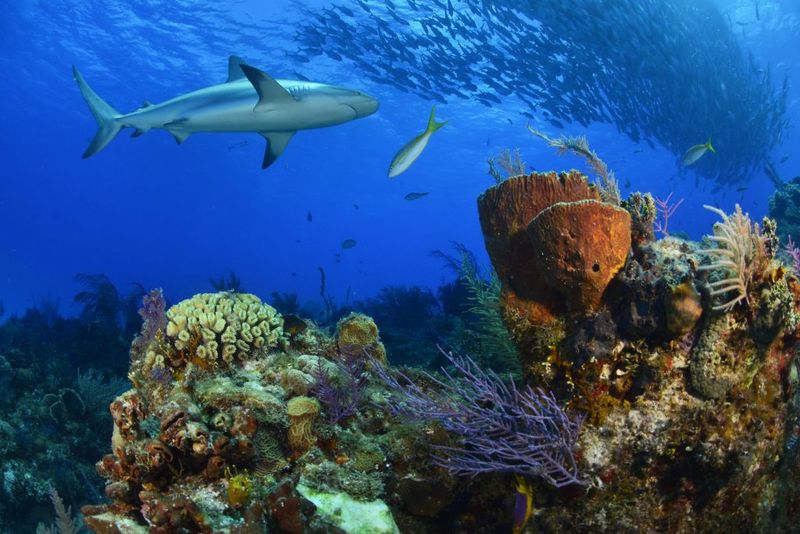
Marine ecologists debate the precise impact of shark population declines on ocean ecosystems. The traditional view holds sharks as keystone predators whose removal triggers catastrophic cascading effects throughout food webs.
Some researchers consider this oversimplified, arguing ecosystem responses vary dramatically based on region, shark species, and availability of other predators. Studies in certain reef systems show coral decline following shark population drops, while other ecosystems show resilience through compensatory predation by other species.
14. Can Sharks Regenerate Teeth Indefinitely?
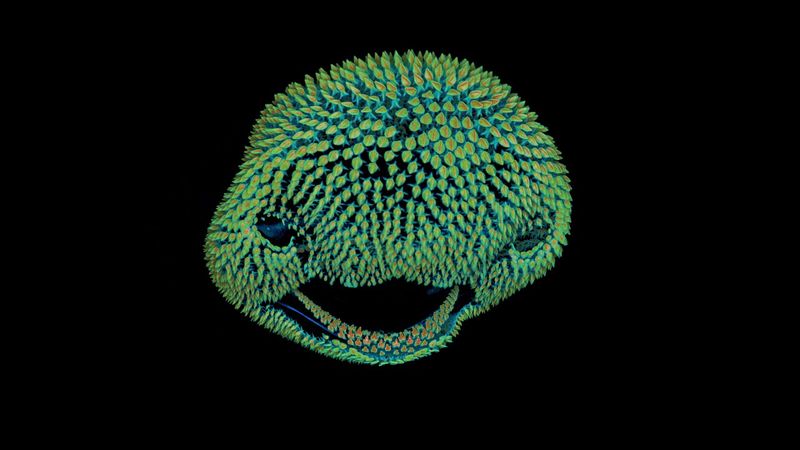
The legendary tooth replacement ability of sharks generates surprising scientific disagreement. While sharks certainly produce multiple sets of teeth throughout their lives, the notion of unlimited replacement faces challenges from recent research.
Some studies suggest tooth production may slow significantly with age or under certain environmental stressors. Dental stem cell activity appears to vary considerably between species, with some showing potential limits to regenerative capacity. This challenges the popular belief that sharks replace teeth infinitely throughout their lives.
15. The Origin Of Sharks’ Electrical Sense
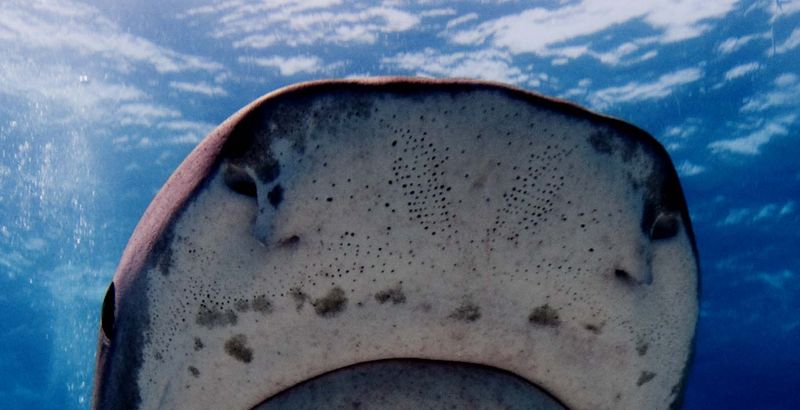
Evolutionary biologists clash over how sharks developed their remarkable ability to detect electrical fields. This sixth sense allows them to find prey hidden under sand by detecting minute electrical impulses from muscle contractions.
Some scientists argue the adaptation evolved primarily for hunting, while others believe it developed for navigation using Earth’s geomagnetic field. Fossil evidence showing ancient ampullae of Lorenzini (the specialized organs responsible) remains frustratingly incomplete. The debate intensifies around whether this sense evolved once or multiple times in different lineages.

